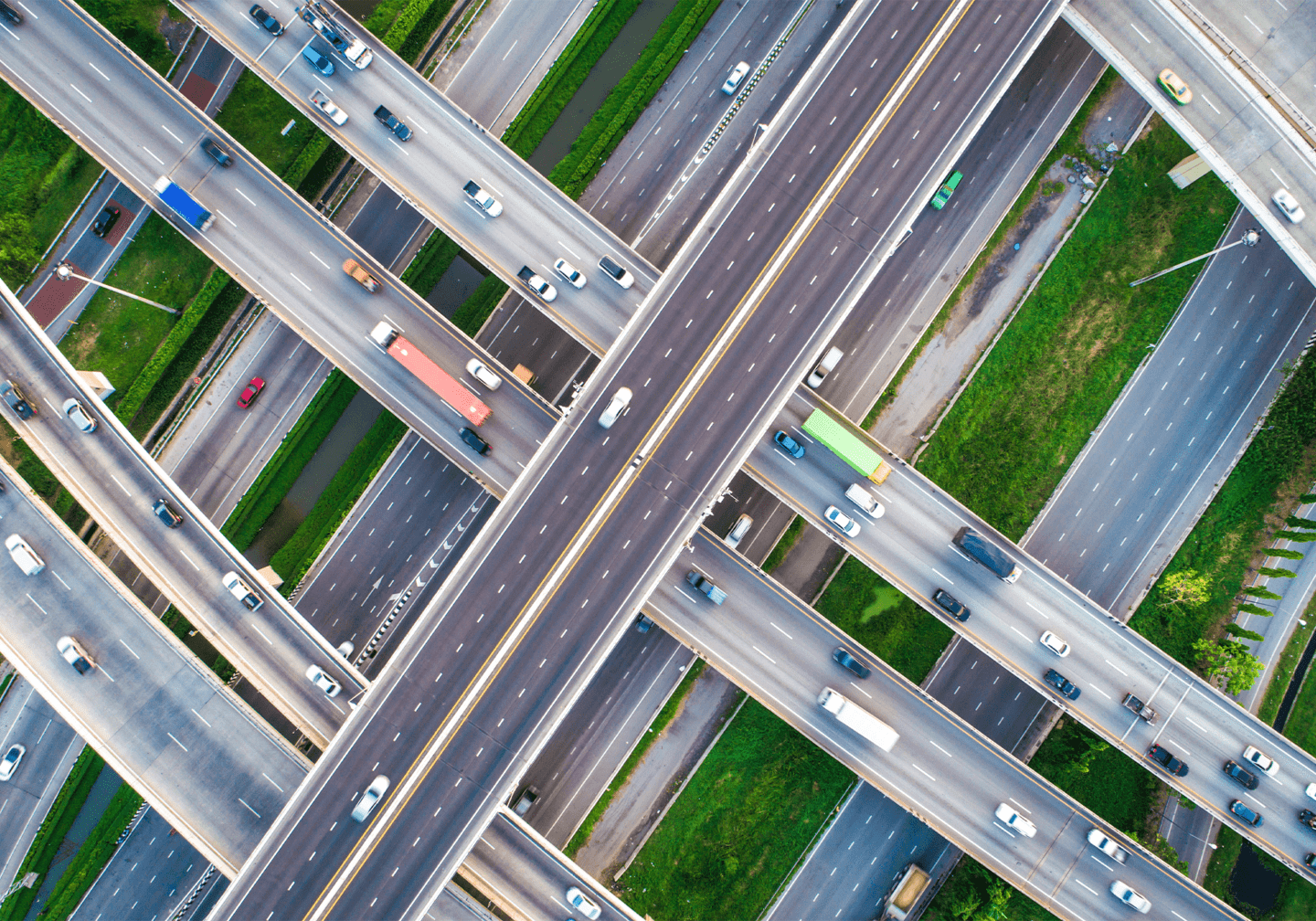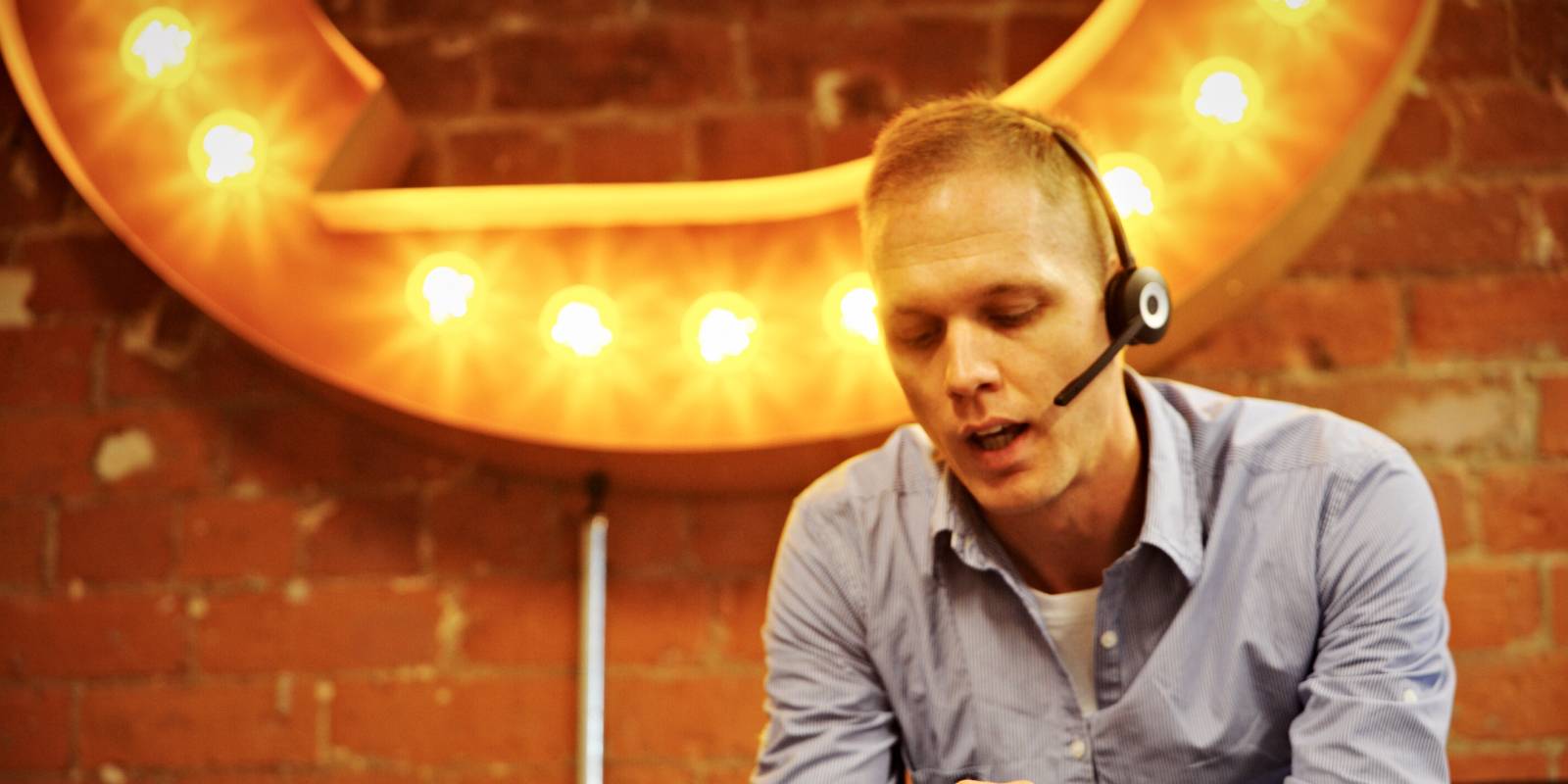
In the driving seat – Changing attitudes to transport in the quest for Net Zero
October 5, 2022
There is no getting around the fact that the road to Net Zero won’t be an easy one. One of the greatest challenges on the journey is confronting our attitudes to transport.
Be it a client visit, trip to the supermarket or international conference, we all need to pay much closer attention to how we get from A to B if we are to reduce greenhouse emissions and secure a more sustainable future.
Human activities continue to warm Earth at an alarming rate and we need a seismic shift in attitudes and behaviours to operate within safe planetary boundaries. Policymakers around the world are searching for ways to meet their Net Zero targets. Unsurprisingly, much of the focus is on mobility.
Decarbonising transport
Decarbonising transport is one of our greatest challenges and as people become more concerned about reducing their carbon footprint, they are questioning their choices around mobility.
After all, transport not only affects us through global warming. In many global cities, air pollution is now a major problem, impacting health and everyone’s quality of life. Exhaust pollutants such as nitrogen oxides (NOX) and particulate matter (PM) are harmful to humans and animals alike. Lockdown walks showed how cleaner our air would be if we all spent less time behind the wheel.
The pandemic not only reduced road journeys but demand for flights also plummeted. Figures from the UN agency for civil aviation reveal that international passenger traffic dropped by 60% in 2020. Post-lockdown, these trends are of course reversing. However, we all need to stop and think about what that leads to.
Soaring fuel costs are impacting businesses and families alike and if the cost of living crisis has a silver lining, it may be that it forces us to consider lower carbon forms of transport. As the cost of ownership of fossil-fuelled vehicles increases, the cost-benefit analysis of that all-electric corporate fleet or hybrid family car changes.
How can you make a difference?
Changing to lower carbon vehicles is laudable but it is always better to start reducing use. Could you walk to the train station on your morning commute, deliver to some clients by bike rather than a car, or have that meeting on Zoom instead? Arrange lift shares or consider joining a car share club to reduce carbon, fuel bills and congestion.
According to the Energy Saving Trust, replacing car journeys with public transport can reduce your CO2 emissions by 42% if using the bus and 73% if using the train. Get a timetable and give it a g. If there isn’t a suitable service for your journey, lobby local politicians and policymakers to start investing.
Even better, use a journey as an opportunity to get active. For short trips reach for your walking shoes or bike helmet rather than the car keys. Make the most of an improved network of cycle paths and make employees aware of the Cycle to Work scheme. Cost savings and health and environmental benefits cannot be underestimated.
For companies, it pays to spend time evaluating the environmental impact of your business travel. Take steps to reduce emissions. That might be consolidating deliveries and optimising routes, or incentivising staff who walk or cycle to work.
So far so good, but what about flights? Plane journeys are very energy intensive, with harmful emissions released high into the atmosphere with long-lasting effects. Reducing air travel is arguably the greatest sacrifice we can make to tackle the climate crisis. If you really must fly, go economy, avoid stop-offs and consider offsetting your journey.
Want to learn more about the role of transport in Net Zero, or access more tips on making more sustainable choices? Take a look at our interactive learning course.
We are in the midst of an environmental emergency and there is no time to waste. Use rising fuel costs as the catalyst to rethink transport. Those that shift to lower carbon options will benefit their pocket and play their part in helping us hit Net Zero.
About the author

Dr Denise Taylor is a qualified sustainability consultant who founded a family-run business, Wylde Connections, alongside her daughter in January 2020. The inception of Wylde brought together Denise’s knowledge, skills and experience gained over 30 years across three main disciplines: environmental education, strategic marketing communications, and learning and development. Find Denise on Linkedin.
Got a learning problem to solve?
Get in touch to discover how we can help

